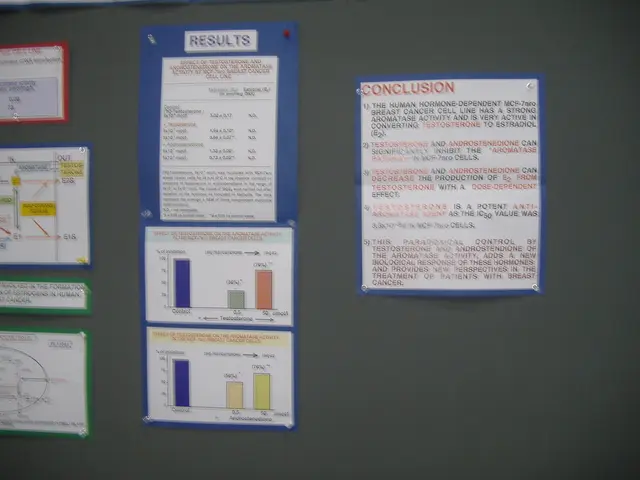Unwanted Calls Surge Despite New Cyber Fraud Law
A new law against cyber fraud came into force on April 1, 2025, including mandatory labeling of calls from legal entities. However, unwanted calls have surged, with 16.8 million numbers identified in nine months, double last year's figure. Authorities have warned of new scam schemes and prepared additional measures.
The rise in unwanted calls is linked to increased use of mass calling technology. Despite mandatory labeling, no official statistics rank cities by call volumes. Residents in Tver and Kurgan received high numbers of unwanted calls, with averages of 24,500 and 22,700 respectively. Major cities remain targets due to high income levels, but smaller cities are also experiencing intense attacks per capita.
Authorities have identified common scam schemes, with investment offers and fake utility or government calls topping the list at 31% and 31.5% respectively. The Central Bank has published phrases used by scammers to help identification. Since the start of the year, 2.5 billion unwanted calls have been blocked, a 10% increase from the previous year.
While the law against cyber fraud has been in effect since April 2025, unwanted calls continue to rise. Authorities are working to combat this issue, with a second package of measures prepared and common scam schemes identified. Residents are advised to remain vigilant and use the resources provided to protect themselves from fraudulent activities.
Read also:
- American teenagers taking up farming roles previously filled by immigrants, a concept revisited from 1965's labor market shift.
- Weekly affairs in the German Federal Parliament (Bundestag)
- Landslide claims seven lives, injures six individuals while they work to restore a water channel in the northern region of Pakistan
- Escalating conflict in Sudan has prompted the United Nations to announce a critical gender crisis, highlighting the disproportionate impact of the ongoing violence on women and girls.





